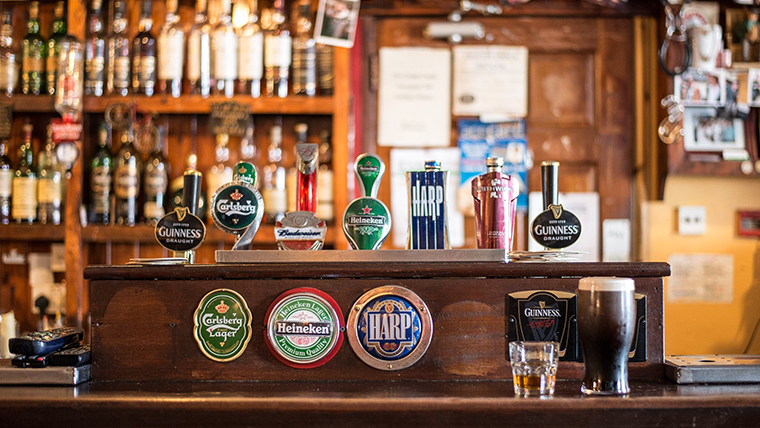
| 

Our restaurants, bars and nightclubs are still struggling to recover from the profound impact of COVID-19 on the hospitality and retail industry in 2020. According to recent figures from the sector, around 9 pubs or other hospitality venues are closing every day. It’s a challenging environment for employers, who are trying to remain competitive by cutting their costs, at the same time as trying to deliver a high-quality service with great staff. Recruiting on a tight budget means getting the right people more critical than ever, as a poorly qualified person, or member of staff with a criminal past can cause huge financial or reputation damage to a hospitality business. For all these reasons, hospitality is starting to take background screening more seriously than previously. If you’re thinking of applying for work in a local restaurant or bar, what might you expect from basic identity checking or more detailed background screening?
What to Expect When Applying for Hospitality Work
Cutting costs on background screening in the hospitality sector might seem tempting at first glance for employers. However, CV fraud, questionable social media histories, and hidden criminal backgrounds can pose significant risks. There are also compulsory checks into Right to Work in the UK which all employers in the sector should be doing, with fines for employing illegal workers rising dramatically in 2024.
From an employee’s point of view, the very minimum you should expect in background checking is to be asked for something to prove your nationality, and right to work in the UK. The easiest way to do this is by showing your passport. The hospitality sector has traditionally been the part of the economy which has seen a higher level of illegal workers, given that there are many part-time and casual positions.
Deeper Background Screening
For people applying for a casual or part-time role in their local pub or café, an identity check and verification of their nationality is usually as far as background screening will go. But if someone is applying for a position with a bit more responsibility, such as a shift manager in a restaurant or dealing with hiring other members of staff, a more detailed level of checking can be expected.
Every business will differ in the checks they run and their approach to screening, depending on the risks they think affect them the most. Many organisations will ask for verification of academic qualifications, by asking candidates to bring in exam certificates, or by calling up universities to make sure someone has the degree they are claiming. Hospitality businesses will generally check references, especially from other companies in the same sector.
Social media screening is becoming very common in hospitality, as these checks can reveal the personality of candidates and help management assess whether someone will fit with their team. Before applying for a new position, take an hour to go through your social media accounts. Look at who you follow, what you repost and the pictures you post on your page to make sure you are not raising any red flags for a potential boss.


